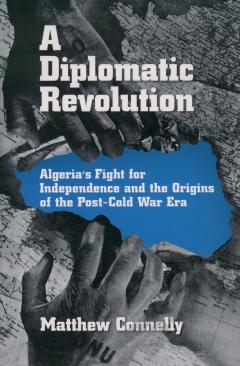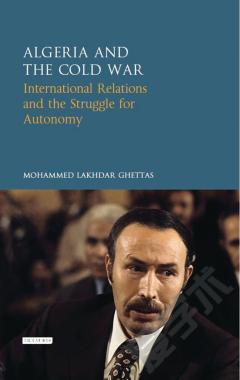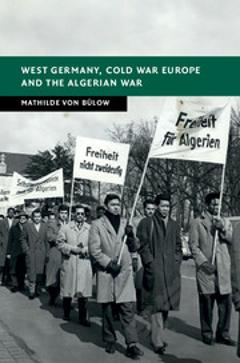A Diplomatic Revolution —— Algeria's Fight for Independence and the Origins of the Post-Cold War Era
----- 外交革命:阿尔及利亚的独立斗争和后冷战时代的起源
Algeria sits at the crossroads of the Atlantic, European, Arab and African worlds. Yet, unlike the colonial wars in Korea and Vietnam, the Algerian war for independence has rarely been viewed as a primarily international conflict. Rather, prevailing accounts of the war interpret it as a domestic French crisis that was resolved when Charles de Gaulle granted Algeria independence. Yet, as Matthew Connelly here demonstrates, from the very start of the bloody eight year struggle, the Front de Liberation Nationale pursued self-rule on the world stage. Exploiting Cold War competition and regional rivalries, the spread of mass communications, and international and non-governmental organisations, such as human rights groups, foreign press conferences, and the United Nations, the rebels harnessed international forces to bring pressure to bear on the French government, which became obsessed with the conflict's impact on its reputation. By winning rights and recognition from the global community, the rebels helped break up the French colonial empire and rewrite the rules of international relations. In narrating the Algerian war for independence, Connelly analyses how the United States and other states influenced the war and were, in turn, influenced by it. He interprets it in a global and comparative context, arguing for a reconceptualisation of diplomatic history as international history. Based on research on three continents and, for the first time, the rebels' own archives, this study of the Algerian war for independence offers a landmark reevaluation of the conflict forty years after its conclusion and a model for the writing of international history.
{{comment.content}}








 京公网安备 11010802027623号
京公网安备 11010802027623号